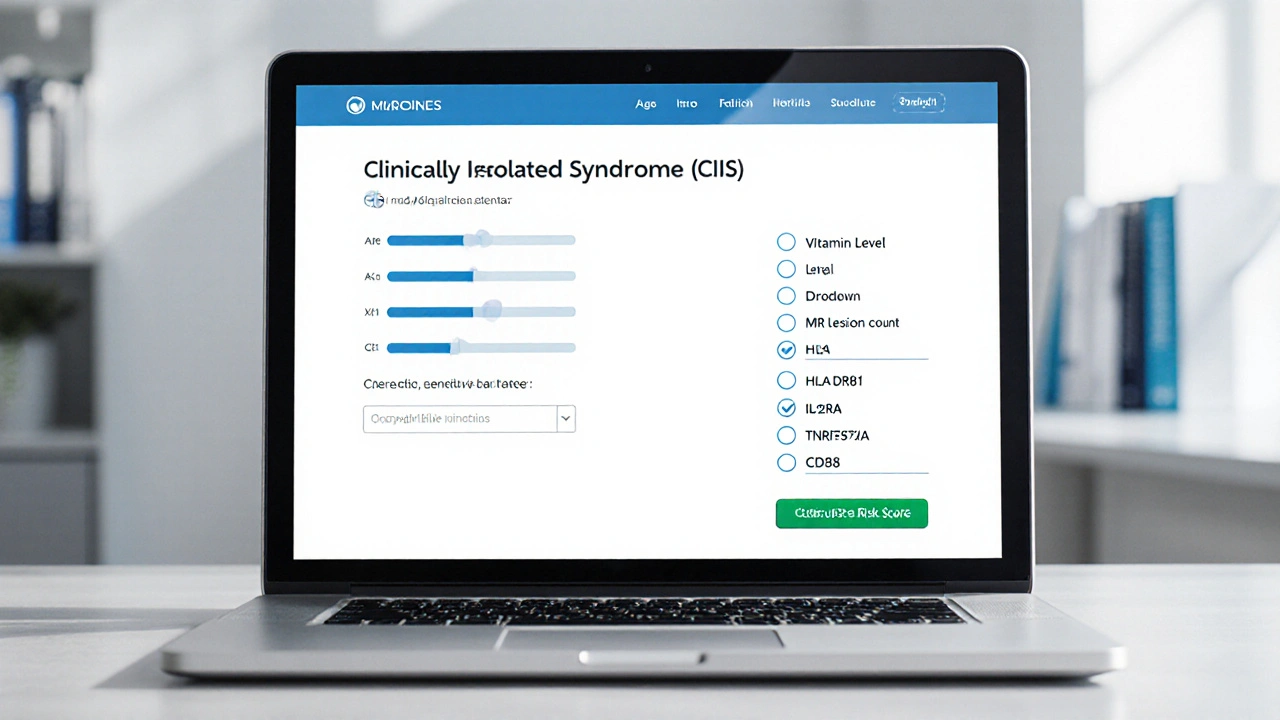Multiple Sclerosis: What It Is, How It Feels, and How to Live With It
If you or someone you know has been diagnosed with multiple sclerosis (MS), you probably have a lot of questions. Is it curable? What will the future look like? Which medicines actually help? The short answer is: MS is a chronic disease that affects the brain and spinal cord, but many people live full lives by understanding the condition and using the right tools.
MS happens when the immune system attacks the protective covering (myelin) around nerve fibers. This damages the way messages travel between the brain and the rest of the body. The damage can be mild or severe, and it often shows up in unpredictable bursts called relapses. Between relapses, many people feel relatively stable – a phase called remission.
Understanding Multiple Sclerosis Symptoms
Symptoms vary a lot because MS can affect any part of the nervous system. The most common signs include:
- Weakness or numbness in arms or legs, often on one side of the body.
- Vision problems such as blurred vision or eye pain.
- Difficulty walking, balance problems, or frequent falls.
- Spasticity – involuntary muscle stiffness that can feel like a cramp.
- Fatigue that doesn’t improve with rest.
- Bladder or bowel urgency.
- Memory lapses and trouble concentrating (often called "brain fog").
When you notice a new symptom, write it down and tell your neurologist. Keeping a symptom diary helps the doctor decide whether you’re having a relapse or if another cause is at play.
Managing MS Daily: Treatment and Lifestyle Tips
There is no cure for MS yet, but several treatment paths can slow its progression and ease symptoms.
Disease‑modifying therapies (DMTs) are the main class of drugs. They work by lowering the immune system’s attack on myelin. Common options include interferon‑beta injections, oral pills like dimethyl fumarate, and newer infusion drugs such as ocrelizumab. Your doctor will pick one based on your disease type, how active it is, and your overall health.
Symptom‑specific meds can help with spasticity (baclofen or tizanidine), pain (gabapentin), fatigue (amantadine), and bladder issues (oxybutynin). Always discuss side‑effects; many of these drugs interact with DMTs.
Beyond medications, everyday habits make a big difference:
- Regular exercise: Low‑impact activities like swimming, yoga, or walking keep muscles strong and improve balance.
- Cool environments: Heat can worsen symptoms, so stay in air‑conditioned spaces during hot days.
- Balanced diet: Plenty of fruits, vegetables, lean protein, and omega‑3 fatty acids may support nerve health.
- Stress management: Mindfulness, meditation, or talking to a therapist can reduce flare‑ups triggered by stress.
- Good sleep hygiene: Aim for 7–9 hours each night; use a comfortable mattress and limit screen time before bed.
Support groups are also worth considering. Sharing experiences with others living with MS can provide emotional relief and practical tips you might not find online.
In summary, MS is a complex disease, but you don’t have to navigate it alone. Work closely with your neurologist to find the right DMT, manage symptoms with targeted meds, and adopt a healthy lifestyle that reduces relapses. With the right plan, many people with MS continue to work, travel, and enjoy everyday moments.
Clinically Isolated Syndrome & Genetics: What You Need to Know
by Prudence Bateson Oct 2 2025 11 Neurological HealthExplore how genetics influence Clinically Isolated Syndrome, its conversion to multiple sclerosis, and what testing, lifestyle changes, and early treatment can mean for patients.
READ MORE
